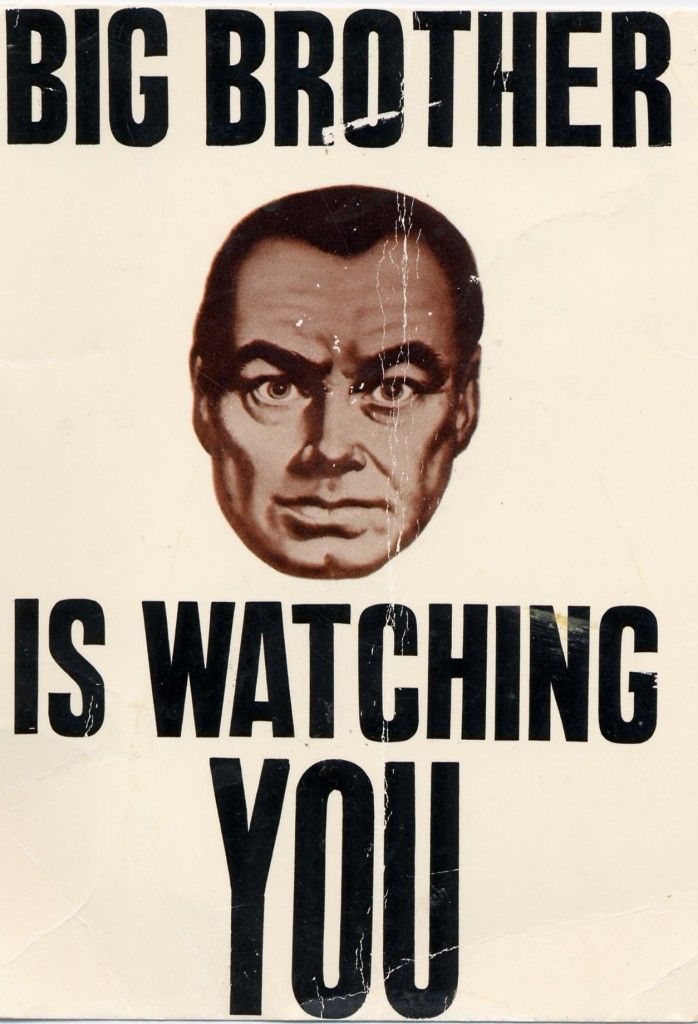Tech giants back privacy bill
by James Poulos | February 11, 2015 9:34 am
 Bolstered by crucial support from industry leaders and Republicans across the aisle, Sacramento’s most prominent privacy-rights proponent took another stab at restricting the state’s access to personal information.
Bolstered by crucial support from industry leaders and Republicans across the aisle, Sacramento’s most prominent privacy-rights proponent took another stab at restricting the state’s access to personal information.
State Sen. Mark Leno, D-San Francisco, repackaged some of his long-cherished plans for law enforcement reform in Senate Bill 178, the California Electronic Communications Privacy Act, or Cal-ECPA. In a press release, Leno’s office described[1] SB178 as a prudent piece of legislation with enough exceptions to ensure public safety and effective policing:
“Cal-ECPA protects all electronic communications, including personal messages, passwords and PIN numbers, GPS data, photos, medical and financial information, contacts and metadata. Exceptions to the warrant requirement are included in the legislation so that law enforcement officers can continue to effectively and efficiently protect public safety in the event of an emergency.”
A string of failures
Leno has tried and failed to enact similar legislation in the recent past.
His troubles emerged in the wake of a controversial California Supreme Court ruling in 2007[2]. The plaintiff, Gregory Diaz, was incriminated after an arrest when an officer with the Ventura County Sheriff’s Department scrolled through the text messages on Diaz’s cellphone. The justices sided against Diaz, and the U.S. Supreme Court refused to hear Diaz’ case.
So in 2011, Leno’s attempt to require warrants for cellphone searches fell prey to a veto from Gov. Jerry Brown — even though it passed the Assembly unanimously. As CNN reported, Brown warned that “courts are better suited to resolve the complex and case-specific issues relating to constitutional search-and-seizures protections.”
Then in 2012, as the Sacramento Bee reported[3], state district attorneys and Brown sank a bill Leno introduced that would have required warrants for any search of location data. And in 2013, they did the same to a related bill[4] that mandated a warrant for emails requested from Internet service providers.
New Allies
But this time, political attitudes have shifted enough that Leno has reasoned he stands a better chance at success. He found a co-author for SB178 in State Sen. Joel Anderson, R-Alpine, known for introducing privacy-related bills that would have shielded[5] Covered California data and prohibited[6] state cooperation with the NSA in unwarranted surveillance activities.
What’s more, Leno was able to marshal the support of Silicon Valley luminaries, whose endorsement was key to building credibility and challenging California’s district attorneys. His bill, KQED reported[7], received the okay from titans like Google and Microsoft to social media heavyweights like Twitter and Facebook.
And it was backed by smaller startups like Dropbox, which offers secure online data storage.
In a statement [8]released by Mufaddal Ezzy, California manager of public policy and government relations for Google, SB178 was portrayed as a natural extension of current Fourth Amendment protections against searchs and seizures:
“Law enforcement needs a search warrant to enter your house or seize letters from your filing cabinet — the same sorts of protections should apply to electronic data stored with Internet companies. California’s electronic surveillance laws need to be brought in line with how people use the Internet today and provide them with the privacy they reasonably should expect.”
Clarity in the courts
Most importantly of all, Leno finally has the U.S. Supreme Court in his corner. As Ars Technica reported[9], the court ruled unanimously in a 2014 case, Riley v. California, that warrants must be required to search a cellphone.
Instead of posing an awkward challenge to the courts, as Brown feared years ago, Leno’s desired protections would instead officially square California law with the holding in Riley.
While SB178 makes its way through Sacramento, Californians interested in privacy issues will also keep an eye on Washington, D.C. There, Congress will consider the Online Communications and Geolocation Protection Act, introduced[10] by a bipartisan group of three lawmakers, including Rep. Zoe Lofgren, D-Calif.
- described: http://sd11.senate.ca.gov/news/2015-02-09-tech-industry-stands-sen-leno-modernize-digital-privacy-protections
- controversial California Supreme Court ruling in 2007: https://epic.org/privacy/devicesearch/People_v_Diaz.pdf
- reported: http://www.sacbee.com/news/politics-government/capitol-alert/article9531686.html
- bill: http://leginfo.legislature.ca.gov/faces/billNavClient.xhtml?bill_id=201320140SB467
- shielded: http://district38.cssrc.us/content/andersons-privacy-package-clears-assembly-policy-committees
- prohibited: http://www.breitbart.com/california/2014/04/29/bipartisan-california-bill-could-pull-plug-on-the-nsa/
- reported: http://ww2.kqed.org/news/2015/02/08/tech-industry-backs-new-california-digital-privacy-law/
- statement : http://sd11.senate.ca.gov/news/2015-02-09-tech-industry-stands-sen-leno-modernize-digital-privacy-protections
- reported: http://arstechnica.com/tech-policy/2015/02/california-lawmaker-proposes-warrant-requirement-for-digital-data-access/
- introduced: http://arstechnica.com/tech-policy/2015/02/congress-mulls-law-requiring-warrant-for-e-mail-data-yet-again/
Source URL: https://calwatchdog.com/2015/02/11/tech-giants-back-privacy-bill/